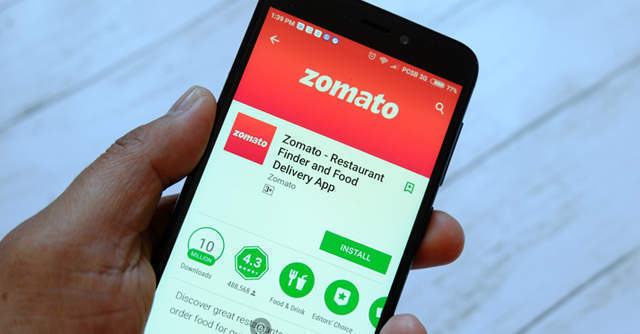
Zomato revises delivery partner pay structure to offset fuel price hike


Food delivery platform Zomato has revised the remuneration structure of its delivery partners to help them cover the cost of the recent increases in fuel prices.
According to the company, a Zomato delivery partner travels about 100-120 km a day, consuming 60-80 litres of fuel in a typical month and the recent increase in prices amounts to an additional monthly spend of Rs 600-800 from their take-home income.
Zomato has introduced a revised pay structure which will now include an additional component of distance pay to cover the running costs for delivery partners so that their net take-home earnings are not affected, the company said in a statement.

Applicable over and above the existing remuneration, this component will automatically be pegged to adapt to any changes in fuel prices in the future, it added.
To meet additional running expenses incurred from return trips from long-distance orders, the company has introduced return pay where for every long-distance order completed, delivery partners would either receive another order within 15 minutes that would bring them back closer to their base areas of working or they will receive additional compensation for travelling the extra distance.
“We understand how fuel price hikes can impact their earnings and have decided to factor in such developments in their pay structure. Both of these inclusions combined will increase their earnings by 7-8%. We have already implemented the new structure in about 40 cities and will be rolling it out in other cities in the coming week," said Mohit Sardana, COO, Food Delivery, Zomato.

Petrol and diesel prices have been rising to record levels over the last few weeks. In some states, the price of petrol has even crossed the Rs 100 per litre mark.
Last-mile deliveries, across segments including food, are mostly carried on on petrol-powered two-wheelers in the country.
Zomato has 1.5 lakh delivery partners in its fleet. The company said it is carrying out a weekly survey with delivery partners to understand and solve their concerns.

The move comes just a day after the foodtech unicorn raised $250 million at a valuation of $5.4 billion.
